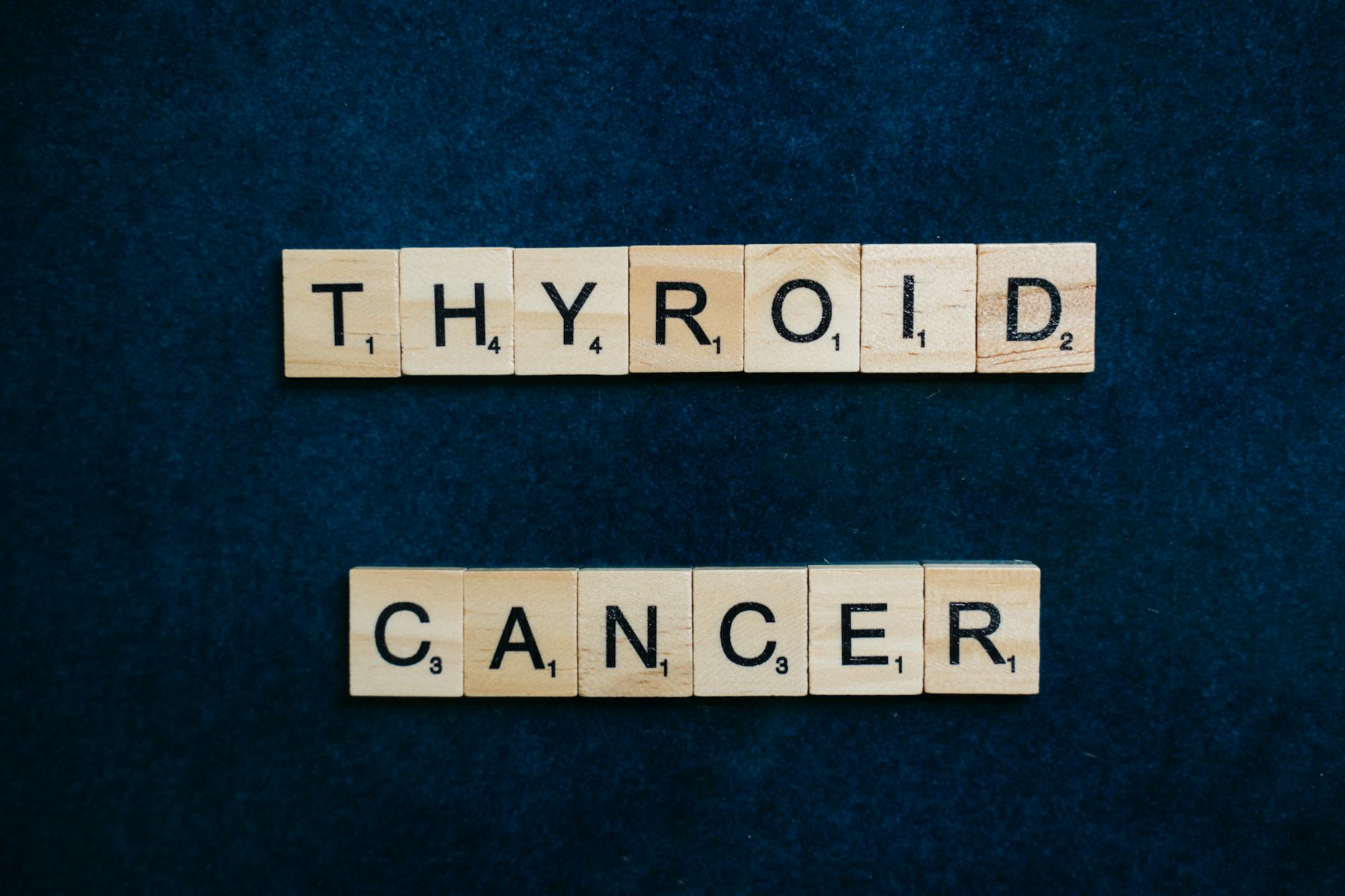Unravel the mystery of Graves’ Disease with a comprehensive guide to symptoms, causes, and treatment options. Don’t miss out!
Table of Contents
Unraveling the Mystery of Graves’ Disease
Graves’ Disease is an autoimmune disorder that leads to an overactive thyroid, causing symptoms such as rapid heartbeat, weight loss, and irritability. This condition can significantly impact an individual’s quality of life and requires proper understanding and management for optimal health.
The Symptoms of Graves’ Disease
Common symptoms of Graves’ Disease include difficulty sleeping, tremors, heat intolerance, and bulging eyes. As the condition progresses, individuals may also experience muscle weakness, fatigue, and changes in menstrual patterns. Recognizing these symptoms is crucial for timely diagnosis and treatment.
The Causes of Graves’ Disease
Graves’ Disease is believed to be caused by a combination of genetic, environmental, and immunological factors. The immune system mistakenly attacks the thyroid gland, leading to excessive production of thyroid hormones. Family history and certain infections may also play a role in triggering the condition.
Diagnosis and Treatment Options
Diagnosing Graves’ Disease typically involves blood tests to measure levels of thyroid hormones and thyroid-stimulating antibodies. Radioactive iodine uptake tests and imaging studies may also be conducted to assess thyroid function. Treatment options for Graves’ Disease include medications, radioactive iodine therapy, and in some cases, surgery to remove part of the thyroid gland.
| Graves’ Disease Demystified: Symptoms, Causes, and Treatments | ||
|---|---|---|
| Symptoms | Causes | Treatments |
| Rapid heartbeat | Autoimmune disorder in which the immune system mistakenly attacks the thyroid gland, leading to overproduction of thyroid hormones | Medications to block hormone production, radioactive iodine therapy, surgery to remove part or all of the thyroid gland |
| Weight loss | Genetic predisposition and environmental factors may play a role | Medications to help manage symptoms, beta blockers to control rapid heartbeat |
| Hand tremors | More common in women and individuals with a family history of thyroid problems | Regular monitoring by healthcare provider, lifestyle changes such as stress management and healthy diet |
Coping with Graves’ Disease
Living with Graves’ Disease can be challenging, but with proper management and lifestyle modifications, individuals can lead fulfilling lives. It is essential to work closely with healthcare providers, adhere to treatment plans, and make healthy choices such as maintaining a balanced diet, getting regular exercise, and managing stress. Support groups and resources are also available to help individuals cope with the emotional and physical effects of the condition.
Conclusion
Graves’ Disease may seem like a daunting condition, but with knowledge, support, and proactive management, individuals can effectively manage their symptoms and maintain overall well-being. By understanding the symptoms, causes, and treatment options associated with Graves’ Disease, individuals can take control of their health and navigate the challenges that come with this autoimmune disorder.
Frequently Asked Questions (FAQ)
Here are answers to some common questions related to Graves’ Disease:
Is Graves’ Disease a hereditary condition?
While there is a genetic predisposition to Graves’ Disease, it is not directly inherited in a predictable pattern. Family history can increase the risk of developing the condition, but other factors such as autoimmune responses and environmental triggers also play a role.
What are the long-term effects of untreated Graves’ Disease?
Untreated Graves’ Disease can lead to serious complications such as heart problems, osteoporosis, and eye issues. It is essential to seek medical attention and follow treatment plans to prevent these long-term consequences and maintain overall health.
Can Graves’ Disease be cured completely?
While Graves’ Disease cannot be cured, it can be effectively managed with appropriate treatment. Medications, radioactive iodine therapy, and surgery can help control symptoms and restore thyroid function. Regular monitoring and lifestyle modifications are essential for long-term management.
Are there any natural remedies for managing Graves’ Disease?
Some individuals may find relief from certain lifestyle changes and natural remedies, such as stress reduction techniques, dietary modifications, and thyroid-supporting supplements. However, it is essential to consult healthcare providers before trying any alternative treatments to ensure safety and effectiveness.





